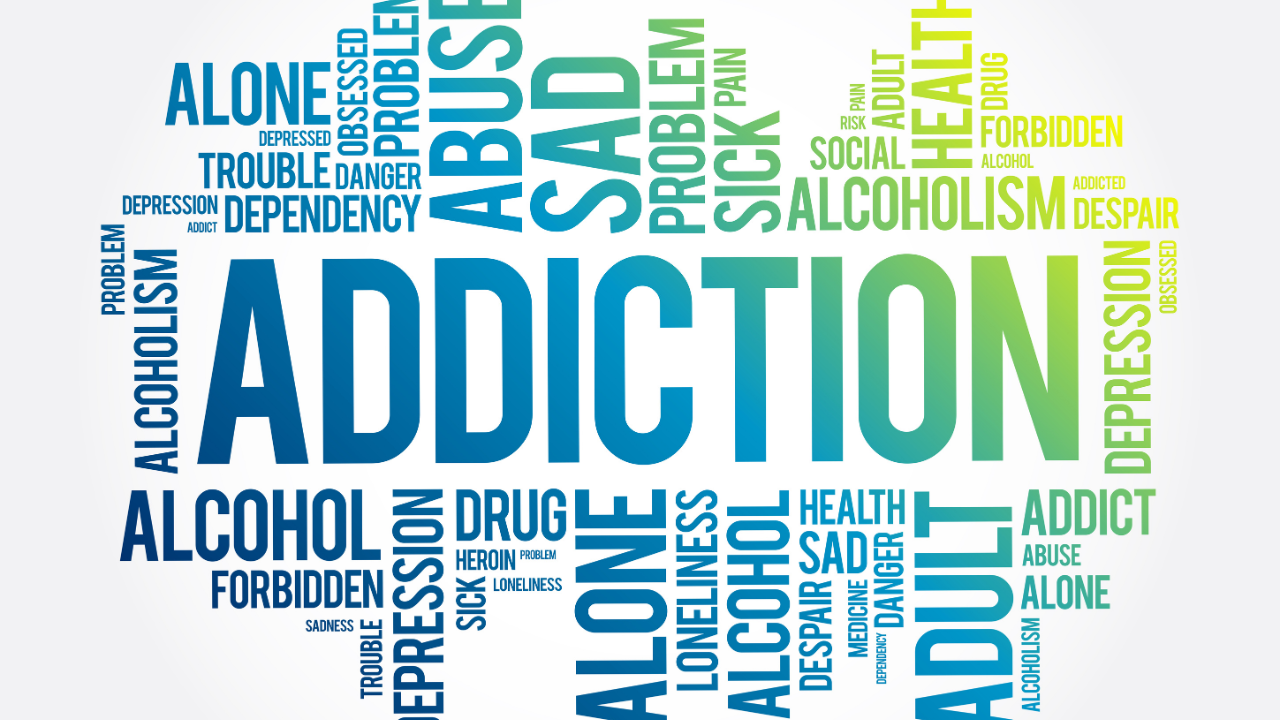4 Underlying Factors That Contribute to Alcohol Addiction

Alcohol addiction is complex, with many contributing factors. These factors can be biological, psychological, social, and environmental. All these factors can interact in complex ways to increase the risk of addiction. Understanding the interplay of these factors can help you develop strategies to add to your sobriety toolkit.
Biological factors
Biological factors can include genetic predisposition, brain chemistry, and underlying medical conditions. For example, certain genetic mutations can increase the risk of addiction and imbalances in brain chemicals such as dopamine and serotonin. Alcohol addiction is a disease that affects the brain, leading to compulsive behavior and a loss of control over one's drinking habits.
Psychological factors
Psychological factors refer to various aspects of a person's mental and emotional state that can contribute to the development of addiction. These factors can include mental health issues such as depression or anxiety. People who have experienced trauma or abuse may turn to substances to cope with their emotions or numb themselves from painful memories. This can lead to a cycle of addiction, where individuals turn to substances to cope with negative emotions and experiences, only to become more deeply entrenched in addictive behaviors over time.
Social factors
Alcohol consumption is normalized and even celebrated in society, making it more difficult for individuals struggling with addiction to recognize and address their problems. The promotion of alcohol consumption through media and advertising can contribute to the normalization of alcohol use, making it difficult for individuals struggling with addiction to recognize and address their problems.
Environmental
Peer pressure is one of the most common environmental factors that can lead to addiction. When a person's social circle is individuals who use drugs or alcohol, it can increase the likelihood that they will also use these substances. Having a partner who drinks is also pressure as many women don't drink alone but with their partner. Triggers such as specific events, people, places, or situations can also elicit cravings or negative emotions in individuals who struggle with addiction.
Now that you know of some of the factors at play, let's add some strategies to your sobriety toolkit that support these factors.
Recognize triggers: Triggers are specific events, people, places, or situations that can elicit cravings or negative emotions in individuals who struggle with addiction. For example, a trigger for an individual struggling with alcohol addiction might be seeing alcohol prominently displayed in a grocery store or being in a social situation where others are drinking.
Be socially aware: Be aware that you are constantly being bombarded with messages and images that depict people having a great time, laughing, and creating a false image of what drinking is like. From TV commercials with their flashy images that glorify alcohol consumption to social media posts that promote "wine-o'clock" and "mommy juice," we are constantly being reminded of the acceptance, glorification, and availability of alcohol. Play that tape forward in your mind to where drinking really leads you.
Educate yourself: Alcohol is a toxic poison, and it affects every organ in the body and is rapidly absorbed from the stomach and small intestine into the bloodstream. The problem with toxic alcohol is that it can give you a false sense of well-being, making you believe it is something you need to feel good. This can lead to a cycle of dependency, where you think you cannot function without drinking. However, the reality is that alcohol is a toxic substance that has been normalized in our society.
Recognize social pressures: While alcohol is prevalent in our society, its normalization can create a false sense of security and pressure to drink. It is essential to recognize the negative impact that excessive alcohol consumption can have on a person's life and health and to promote healthier ways to socialize and enjoy life. For example, individuals surrounded by peers or coworkers who engage in heavy drinking may be more likely to experience triggers related to alcohol consumption.
Find healthy ways to cope with stress: Drinking alcohol can make you feel good temporarily, but it is important to understand that this feeling is not natural. In fact, drinking alcohol can trick your brain into thinking that you are experiencing pleasure when you are consuming a substance that is harmful to your body. Alcohol may have been a coping mechanism for dealing with stress, but finding healthier ways to cope is important, such as talking to a friend, journaling, or practicing deep breathing.
Connect with others: Individuals who lack social support or a strong support system may also be more susceptible to addiction. When an individual feels isolated or unsupported, they may turn to drugs or alcohol to cope with their feelings of loneliness or depression. Connecting with others on a deep level helps to fill the void left by alcohol. Remember, recovery is possible; you don't have to face it alone.
Be patient and kind to yourself: Recovery is a journey, and it's important to be patient and gentle with yourself. You may experience setbacks but remember that every step forward is progress.
Understanding the interplay of biological, psychological, social, and environmental factors can help individuals develop strategies to stop drinking and develop a relapse prevention plan.
COMING SOON!! If you need help to quit, my GendHer®️ 8-week online program for women IS CREATED WITH YOU IN MIND! Watch here for important dates!!
Click here and be the first to be notified.
Click here for my FREE GUIDE How to Quit Drinking. And Stay Quit.
Next GendHer Intake
Keep me updated

